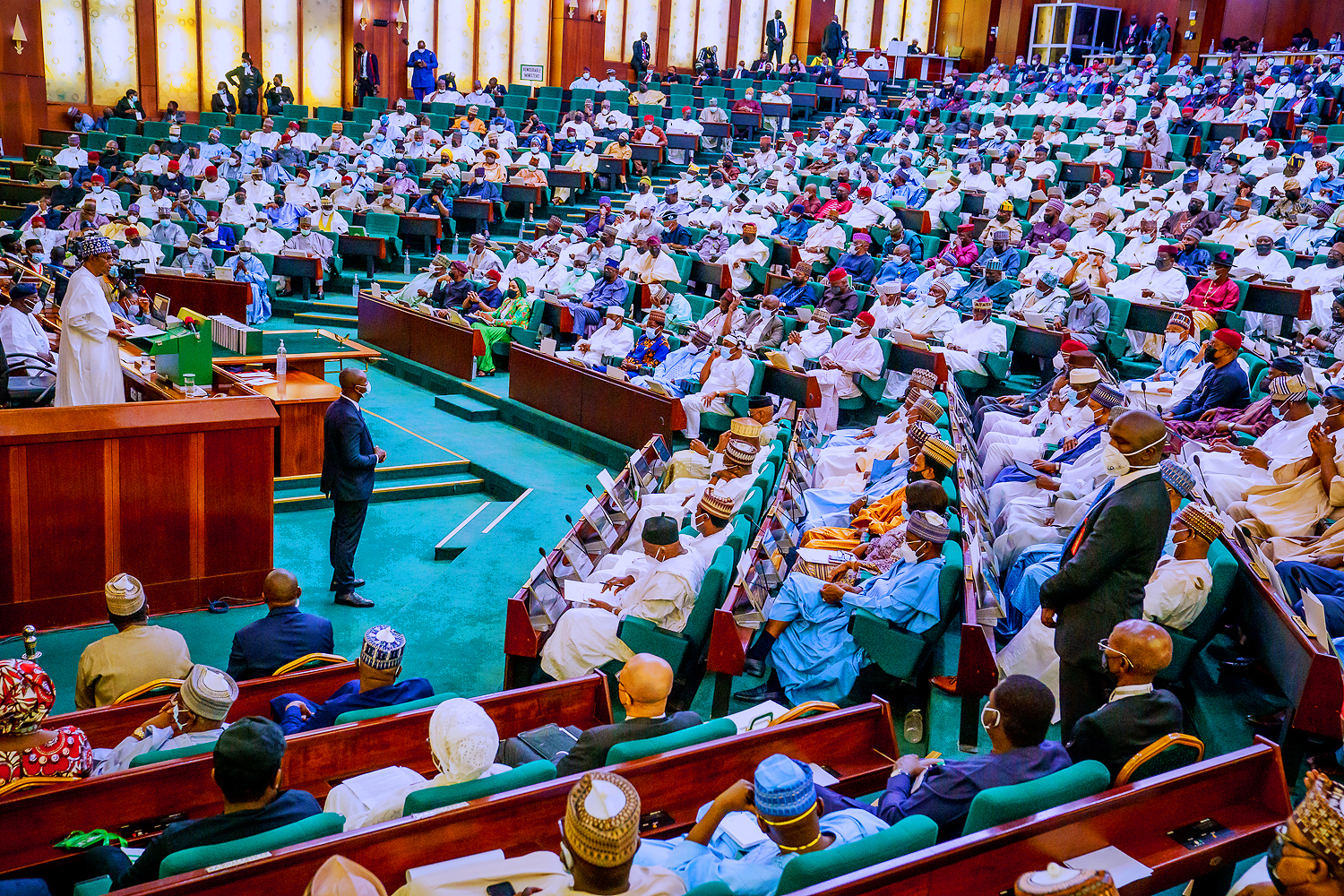In the National Assembly, there are unique parliamentary terms and process that lawmakers use at the National Assembly.
Mention, Define And Explain The Following Parliamentary Terms: –
A. An Amendment:
An amendment is an alteration proposed or made to a Motion, Bill or an Act.
It must take the form of a proposal to either insert certain words in the Motion, Bill or an Act or to omit certain words and/or to substitute other words.
An amendment may be moved to motion at any time after the question has been proposed from the chair or before it is passed.
B. Resolution:
In parliamentary law and procedure, a motion of a single member becomes a resolution of the whole meeting if it carries/obtains the necessary number of votes.
A Resolution is what a motion seeks to become.
It is by resolution that the parliament makes decisions and speaks.
For a motion to be adopted as a resolution, a two-thirds or a three-quarters majority of vote of members is required.
C. An Act:
An Act of parliament creates a new law or changes existing law.
Also, this parliamentary term is a Bill approved by both the Senate and the House of Representatives and formally agreed to by the Executive,
This agreement by the Executive is known as assent.
An Act is a law and applies to the country as a whole or specific area of the country.
Future changes to the law happen through the passing of another Act or delegated legislation.
An Act can also be repealed so that its provision no longer applies.
D. A Motion:
In parliamentary procedures, a motion is a formal proposal by a member of a deliberative assembly that the assembly takes a certain action.
In parliament, this is also called a parliamentary motion and includes legislative motions, budgetary motions. supplementary budgetary motions and petitionary motions.
Also Read: Senate Amends Electoral Act
A Motion is proposed by a member of the body, for the consideration of the body as a whole.
The person making the motion is known as the mover.
E. A Point of Order:
A Point of Order is a matter raised during consideration of a motion concerning the rules of parliamentary procedure.
This parliamentary term may be raised if the rules appear to have been broken.
Also, this may interrupt a speaker during a debate, or anything else if the breach of the rules warrants it.
The point is resolved before business continues.
Furthermore, the Point of Order calls upon the chair to make rulings.



